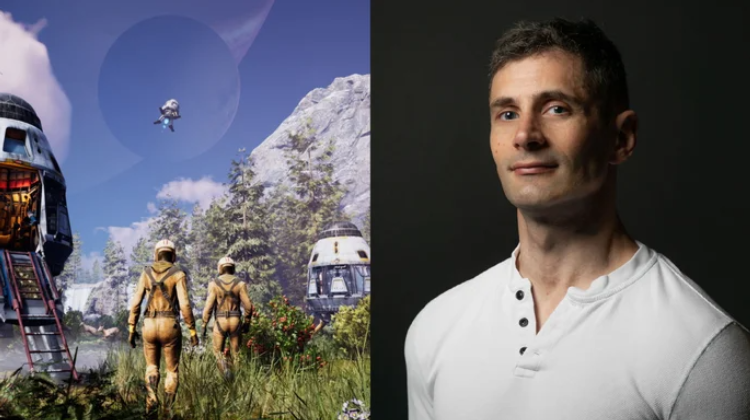DayZ Creator Denounces Valve Over Gambling-Style Monetization in Counter-Strike 2
Dean Hall, the creator of DayZ and head of New Zealand studio RocketWerkz, has delivered a pointed criticism of Valve’s monetization practices, accusing the company of using gambling mechanics to fund its games. In an interview with Eurogamer, Hall said Valve “does not get anywhere near enough criticism” for its reliance on systems he believes have no place in the medium.
“I’m honestly disgusted with gambling mechanics in video games at all – they have absolutely no place,” Hall said. “My challenge to game developers is that if they think these things are not a problem, they make the data available to universities that are crying out to study this stuff.”
Hall’s remarks target the loot box system in Counter-Strike 2, which allows players to unlock weapon and armor skins that can later be traded or sold on an open marketplace. This secondary economy has evolved into a multi-billion-dollar ecosystem, where the rarity and perceived value of digital items have generated real-world stakes. Critics, including Hall, see it as a form of unregulated gambling deeply integrated into mainstream gaming culture.
While many major publishers have distanced themselves from loot boxes in recent years, following regulatory scrutiny in Europe and Asia, Valve has maintained a version that skirts those rules. By allowing users to purchase keys that directly unlock an item rather than the box itself, the company sidestepped legal definitions that classify loot boxes as games of chance. The effect, however, remains largely unchanged: players still pay money for a randomized reward with potential resale value.

Image: Dean Hall/RocketWerkz
A 2022 study by Newcastle and Loughborough Universities underscored Hall’s concerns. Tracking the gaming habits of children aged five to 17 across 42 families, researchers concluded that loot boxes cause “financial and emotional harm.” The report described how children, often unaware of the scale of their spending, were drawn to “highly alluring” digital items designed with the psychological cues of gambling machines. It called for loot boxes to be restricted to adults and for the UK to establish an independent body to oversee game monetization.
Researchers noted parallels between the spinning-wheel animations of digital loot boxes and the flashing “near-miss” displays of slot machines. In interviews, children admitted to using their parents’ credit cards or overspending to chase rare items they could show off to friends. Others expressed shame and frustration after spending money without receiving the outcomes they wanted. Despite a 2022 recommendation from the UK government to better protect young players, no formal legislation has yet followed.
Hall’s own experience with monetization is complex. His studio’s survival game Icarus began as a free-to-play project but later shifted to a paid model with expensive downloadable content.
“I agree with a lot of the people who get mad about the DLC approach,” Hall said. “We needed it to survive. I actually think a lot of gamers don’t realize that 99 percent of devs out there are sitting there going, ‘I don’t like this.’ So who’s winning? Because it’s sure not us.”
RocketWerkz’s next project, Kitten Space Agency, is intended to test a different philosophy. Described as a spiritual successor to Kerbal Space Program, the game is being developed as a free release, with an optional contribution system for players who wish to pay. Hall hopes it can demonstrate that sustainable game development doesn’t require manipulative revenue streams.
“We say games can inspire, and inspiration should be free,” he said.
Whether such an approach can sustain a mid-sized studio remains uncertain. The launch of Icarus in 2021 nearly ended RocketWerkz, but Hall insists that finding new financial models is vital to the health of independent development. His critique of Valve, though unusually blunt, reflects a wider unease within the industry — one where the mechanics of gambling have quietly become a foundation for profit, even as their psychological toll becomes harder to ignore.
Valve has not responded publicly to Hall’s comments, and the marketplace at the center of Counter-Strike 2 continues to expand. For now, Hall’s challenge — to expose the data behind the system and allow it to be studied openly — stands unanswered. Whether the world’s largest digital distributor will ever accept that invitation may determine how long the industry can maintain its uneasy relationship with chance.

Comments